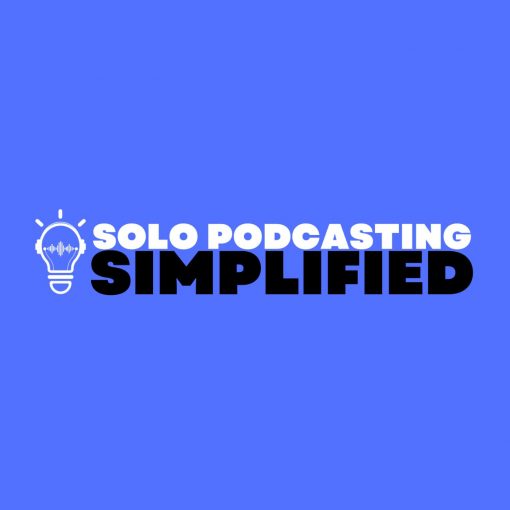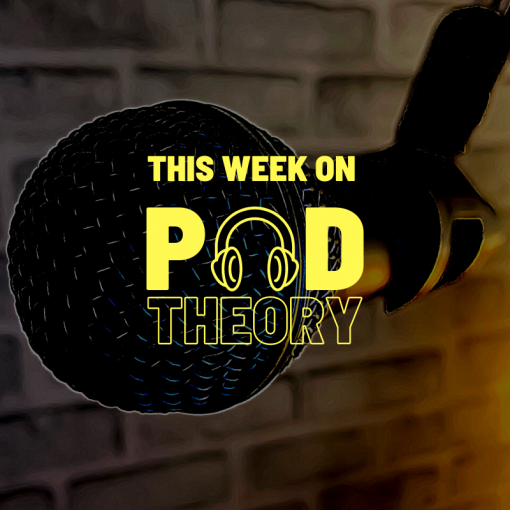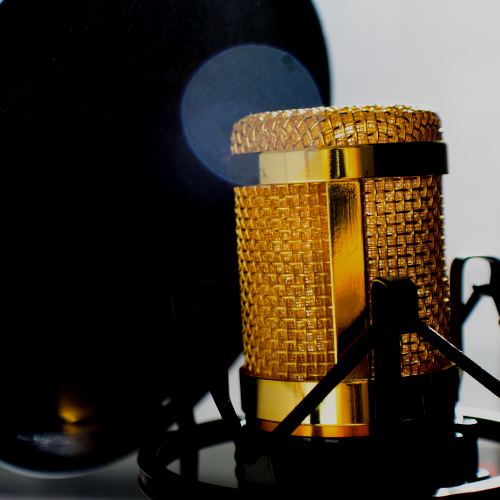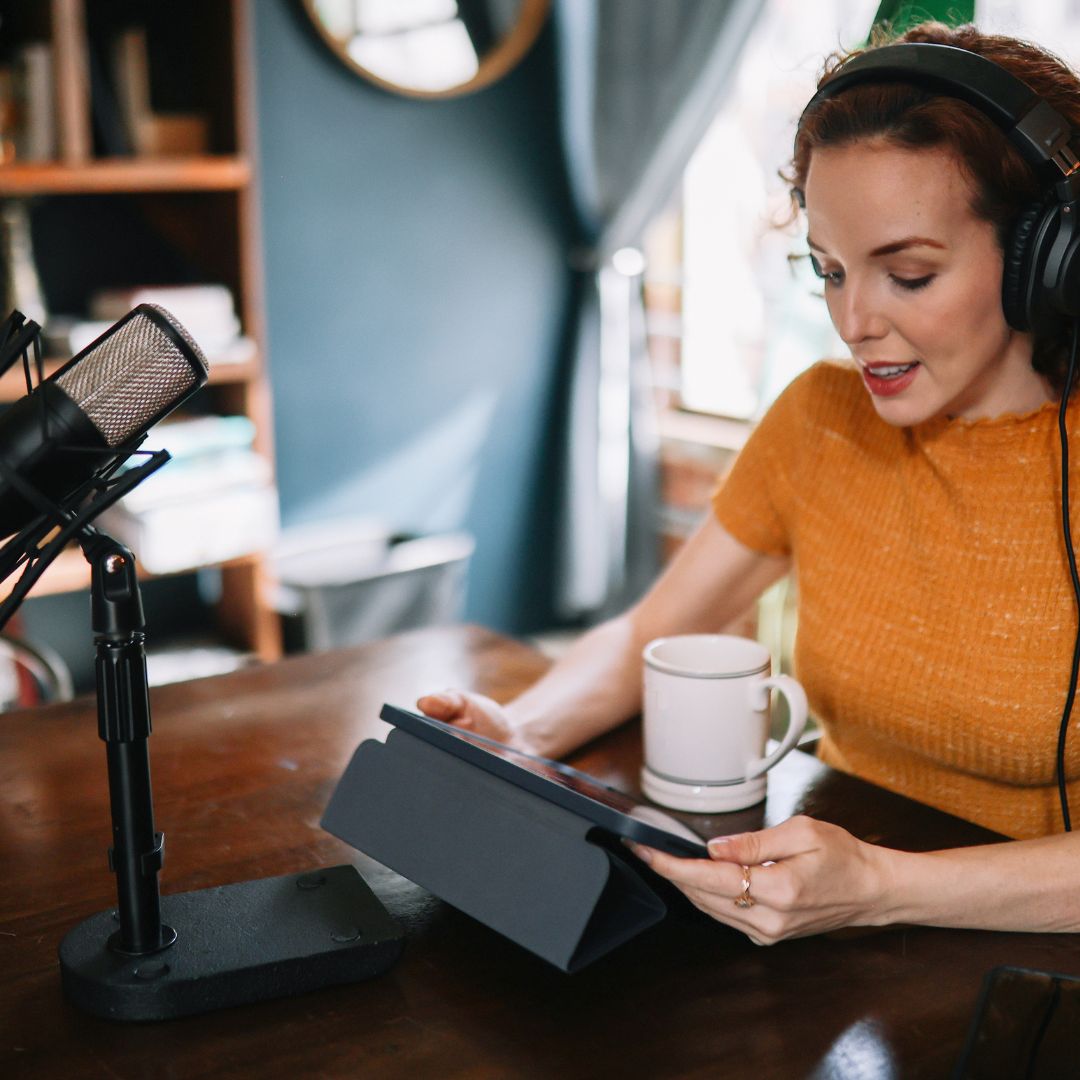 Ever since I was a kid, my favorite comedian has been Jerry Seinfeld.
Ever since I was a kid, my favorite comedian has been Jerry Seinfeld.
Yes, Seinfeld is my favorite sitcom by a considerable margin and I still find myself binge watching and quoting lines from the show to this day.
NO SOUP FOR YOU!
One of my favorite bits from Seinfeld’s stand-up routine is when he references people’s fears of public speaking. It goes a little something like this (paraphrasing):
“According to studies, people’s number one fear is public speaking. Number two is death. Death is number two. This means to the average person, if you have to be at a funeral, you’d rather be in the casket than doing the eulogy.”
For what it’s worth, I almost got that typed out word for word without referencing the video. 🙂
But it’s true. Many, many people fear that moment in the spotlight when every eye in the room is on them.
Some feel unprepared or underprepared. Some feel like imposters that don’t belong there. Some just don’t like being the center of attention.
Unfortunately, this dynamic translates to solo podcasting as well.
Many podcasters believe they don’t sound natural when podcasting alone. Or they feel like an imposter who doesn’t have enough to say. Or they simply don’t want the spotlight focused directly on them.
This is why many of them choose to build a podcast consisting strictly of guest-driven content. The guest becomes the focal point and the workload is shared through conversation.
Can this be a valuable approach? Absolutely. But the benefits of solo podcasts present such phenomenal ways to level up, they should not be overlooked by any podcaster, regardless of whether you typically feature guests on your show.
Today, I want to share some powerful reasons why you should not only eliminate your fears surrounding solo podcasting, but consider building your production revolving around solo podcasts.
I’ve got five reasons. Let’s roll.
Freedom
 Picture me in William Wallace blue face paint as portrayed by Mel Gibson in Braveheart screaming “FREEDOOOOOOOOOOM” at the top of my lungs as I extol the virtues of freedom solo podcasting will bring into your life. It’s just more fun that way.
Picture me in William Wallace blue face paint as portrayed by Mel Gibson in Braveheart screaming “FREEDOOOOOOOOOOM” at the top of my lungs as I extol the virtues of freedom solo podcasting will bring into your life. It’s just more fun that way.
When you feature guests, a lot of time goes into the overall execution of producing that one episode. Including:
- Finding the right guest
- Connecting with them
- Getting them scheduled
- Researching the guest
- Building an episode format; formulating questions
- Conducting the actual interview
- Staying in touch with your guest after the fact so they remain excited about their appearance
- Post-production and marketing asset preparation
- Sharing the assets with your guest
None of this is to say the right guest won’t bring a valuable perspective to your podcast, but ensuring all these items are completed can be time-consuming.
Plus, after doing all the preparation, your guest may reschedule, cancel, or no-show on you. It’s rare…but it can happen…and it’s not fun.
But with solo podcasts, you have the freedom to record on your schedule – whether it’s blocking certain timeframes in your week to produce new content or when you wake up inspired with an idea for a new show. Or both.
In addition, the time you pour into communicating, researching, and preparing for just one guest-driven episode can be spent creating 4-5 episodes (at a minimum) featuring you as the sole thought leader.
This gives you the flexibility to publish more episodes on a weekly basis or be far enough ahead in the creative phase that you can unplug and recharge from your podcasting efforts for a brief period, thus keeping your creative juices boiling.
The Spotlight Is All Yours
Like I said, some podcasters shy away from owning that spotlight and choose to put guests center stage. This is a popular way of creating podcast content, but building a podcast that features your wisdom, insights, and perspectives alone gives you the ability to:
✅Establish a high level of thought leadership in your niche
✅Grow your know, like, and trust factor with listeners
✅Attract more potential clients while strengthening relationships with existing ones
✅Build a stronger connection with your audience (more on that in a moment)
✅Have more flexibility with your content (more on that, too)
In the case of many podcasts, whether they be world-renowned or independent shows that have earned a loyal following, listeners continue to come back week after week, episode after episode, because they get invested in the host.
Yes, the host may be having some great conversations with their guests. But the guest rotates every episode.
The host’s voice is constant.
And if the host’s voice is consistently the only voice a listener hears AND their message resonates, the likelihood of that listener staying loyal, taking action, becoming a paying customer, and telling others why they need to do the same increases dramatically.
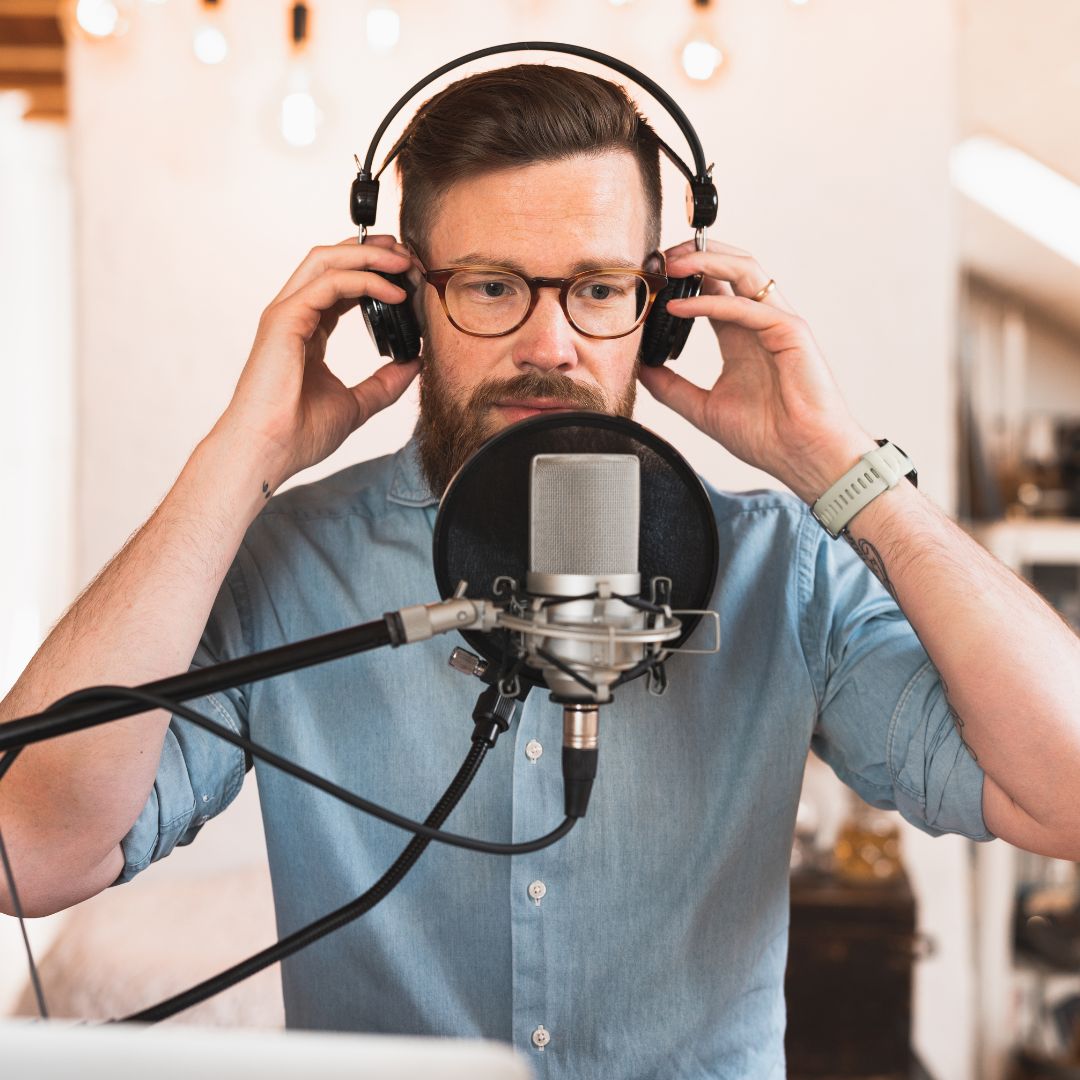 Build a Stronger Connection With Your Listener
Build a Stronger Connection With Your Listener
One of the greatest benefits of solo podcasts is the length of time you get to spend with a listener.
We live in a world where short-form content can be found at seemingly every corner of the Internet.
But that doesn’t make long-form content like podcasts any less valuable. If a consumer feels they’re going to move closer to a transformation by consuming a podcast, they’re willing to invest the additional time into listening.
If the content is captivating, they’ll stay locked in from start to finish.
And if it’s your voice in their ears, providing worldly wisdom and new perspectives for an extended period of time, it gives each listener a longer opportunity to build trust in you as a valuable resource.
The more content they consume, the stronger the connection becomes.
Before you know it, listeners are investing financially in your brand, sharing your content on social media, and proudly recommending it to people in their inner circle.
When you share the stage with a guest, listeners can still develop a connection. But their attention is, by definition, split between both parties.
If you want to leverage your podcast to build undeniable connections with listeners who become brand advocates the more they consume your message, solo podcasts are your best ticket.
Content Flexibility
When it comes to flexibility and solo podcasting, the biggest impact is in the creation phase.
As I mentioned before, you can block a specific period of time in your week to batch record multiple solo episodes of your show and get ahead of schedule. You also can record something whenever inspiration should strike.
Or you can increase the number of episodes you release per week. More content = more trust being built with your listeners.
But there’s also the ability to build out the theme of your content in different ways.
For example, you could dedicate one week of your show to a certain topic and release multiple episodes on the subject.
You can also pull takeaways from various client experiences you’ve had and share the breakthroughs you helped them gain through your coaching, consulting, guidance, etc.
Another approach is to build a mini-series dedicated to a certain subject.
I had the privilege of having Candy Motzek, The Coach For Coaches, join me for a recording session on my soon-to-launch podcast known as Solo Podcasting Simplified (subscribe and follow on your favorite platform today). Throughout our conversation, Candy shared how she’s leveraged solo podcasting to build her brand.
One approach was building a mini-series.
I pulled that clip for you to consume. Click below!
Why Use a Mini-Series In Your Solo Podcast Content Strategy?
The flexibility piece is huge when it comes to solo podcasting vs. guest podcasting. Do not overlook it!
Build Confidence In Your Voice
Another tremendous aspect of podcasting is the fact that the skills you develop on the mic will transcend podcasting and make you a better communicator in multiple aspects of life.
As a solo podcaster, you’re going to find confidence in your voice. Even if you aren’t feeling it the very first time you hit record, the better you’re going to get the more you push forward because putting in the practice swings will get you to a better place.
Believe me, Tiger Woods didn’t hit a drive 350 yards down the center of the fairway on his very first swing. It took time, patience, repetition, and commitment to keep getting a little bit better each time he swung his club.
Your podcasting skill set will be the same.
As your skills develops, you’ll be able to parlay those fundamentals into better conversations with colleagues, clients, friends, and loved ones. You’ll even have more confidence for public speaking engagements and recording video content.
And, should you ever decide to introduce guests to your podcast, you’ll have logged valuable time on the mic and be in a better position to make those conversations more engaging and impactful.
Solo podcasting is taking content creation and podcast production by storm. Not only does it give you an opportunity to lean into all the items I covered here today, but you’ll also have a significant amount of material to repurpose and use for items like blog posts, short-form video clips, email newsletters, and social media posts.
Do not shy away from solo podcasts. They can literally take your brand from unknown to undeniable!



